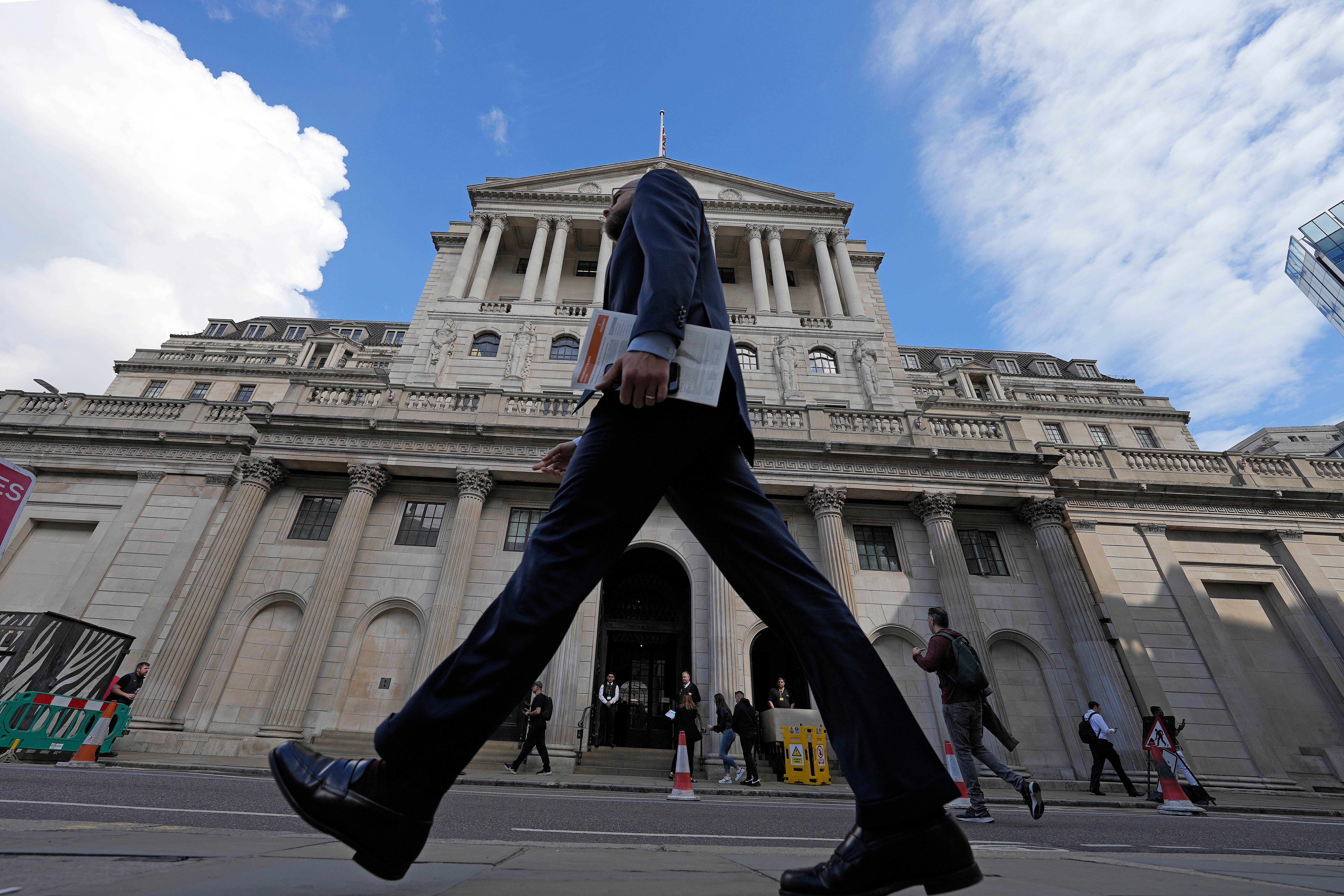Inflation is even worse than you think – and it’s bad news for mortgages
As core inflation hits a 30-year-high, a painful 0.5 per cent rise in interest rates is now on the cards, says James Moore


If inflation is an economic illness, the cure of high interest rates isn’t working as it should.
Falling energy bills, and the first optimistic noises on food from supermarkets including Tesco, suggested there ought to be a fall, however small, in the Consumer Prices Index. Economists polled by Reuters predicted it would come in at 8.4 per cent for May.
In the end, the official number – unchanged, at 8.7 per cent – provided another crushing disappointment.
Here’s where it gets really nasty: core inflation – which strips out volatile components the Bank of England can’t do much to influence, such as food and energy – delivered a zinger right between the eyes. For the second consecutive month, it rose unexpectedly, this time to 7.1 per cent from 6.8 per cent, leaving it at its highest for more than 30 years. This is a number the Bank considers carefully because it provides a snapshot of the underlying price pressures operating in the economy; those pressures remain worryingly high. Core inflation includes the services we rely on: shop spending, tickets and transport.
Crumbs of comfort? The rate at which food prices have been rising has eased a bit, to 18.3 per cent; that’s less than the recent high of 19.2, but it’s still 18.3 per cent, which is a gut punch for poorer families in particular. Month on month, prices still rose by nearly a full percentage point.
A bit better was the fact that the cost of goods leaving factories rose by only 2.9 per cent, down from 5.2 per cent, and the cost of raw materials increased by just 0.5 per cent, down from 4.2 per cent. These prices are at the top of the supply chain, so if this portends an easing of pricing pressures further on down then maybe it is a sign of better times on the horizon. The Office for National Statistics highlighted those numbers in its Twitter thread, but there was still a sense of casting around anything to alleviate the gloom.
How will the Bank of England’s rate-setting Monetary Policy Committee react on Thursday, against the backdrop of the mortgage crisis? The City thinks it will have to go harder.
Short-term fixed rate home loans are priced not so much on current rates but on the market’s expectations for future rates; those expectations are now for base rates to peak at six per cent, which means several more increases are coming (base rates currently sit at 4.5 per cent). Moneyfacts’ average of two-year deal prices has increased again to 6.15 per cent, from 6.07 per cent; the five-year number ticked up to 5.79 per cent from 5.72.
Chancellor Jeremy Hunt will see the impact the crisis is having in the southern blue wall, where the typical home loan is advanced on a much higher income multiple than further north; Tory MPs seeking to cling on at the next election have good cause to worry.
Having rashly promised to halve inflation by the end of the year, Hunt must stick to his plan. “We know how much high inflation hurts families and businesses across the country, and our plan to halve the rate this year is the best way we can keep costs and interest rates down,” he said. “We will not hesitate in our resolve to support the Bank of England as it seeks to squeeze inflation out of our economy.”
A large minority – roughly 40 per cent – of the City now thinks the Bank will whack borrowers with a 0.5 point rate rise at 12noon on Thursday.
The most likely outcome still seems to be a 0.25 per cent rise on a split vote, with one MPC member (Catherine Mann) supporting 0.5, six going for 0.25 and two still backing no change (Swati Dhingra and Silvana Tenreyro).
But the inflation figures are dreadful, so it could be the full 0.5 point increase and – sorry, borrowers – maybe it needs to be.
Join our commenting forum
Join thought-provoking conversations, follow other Independent readers and see their replies
Comments


Bookmark popover
Removed from bookmarks